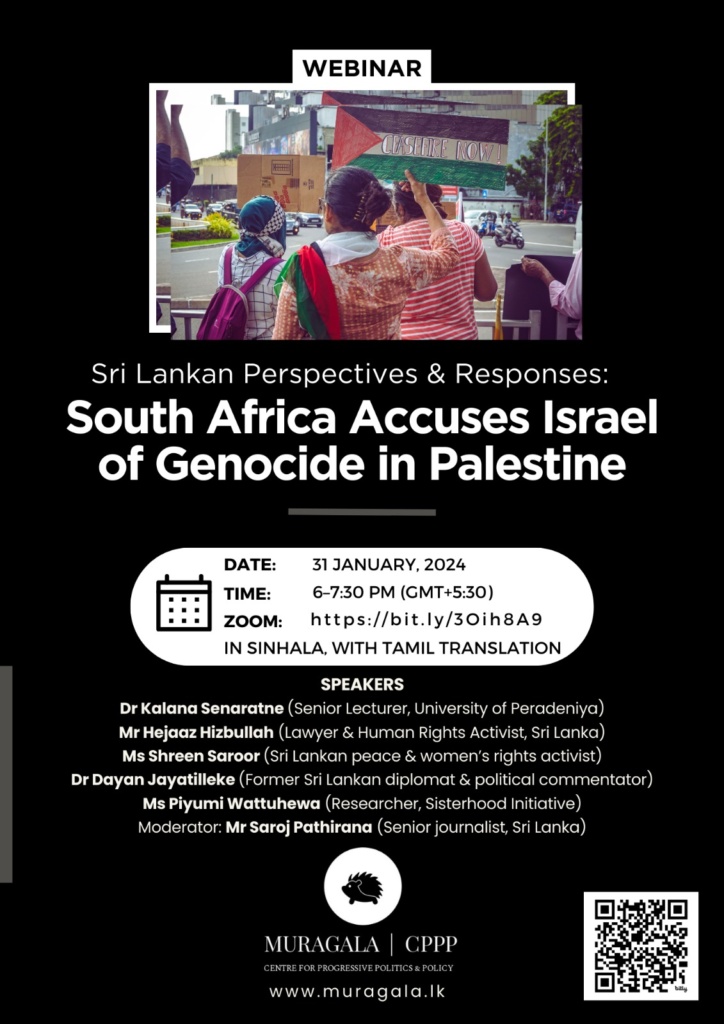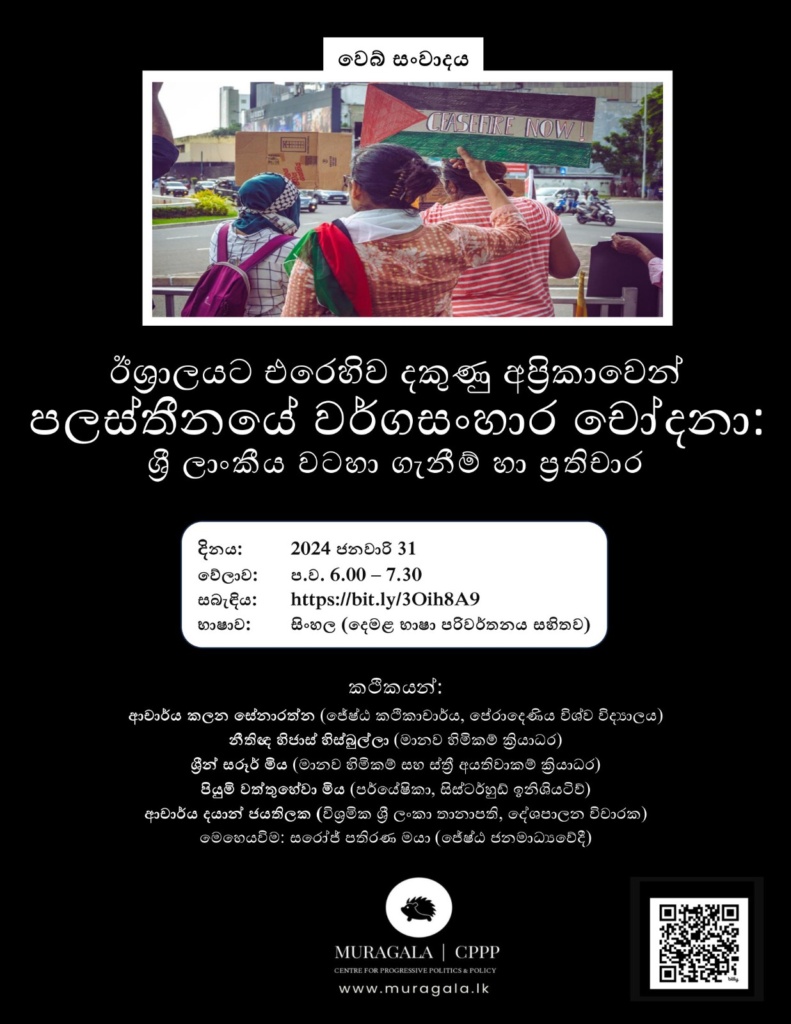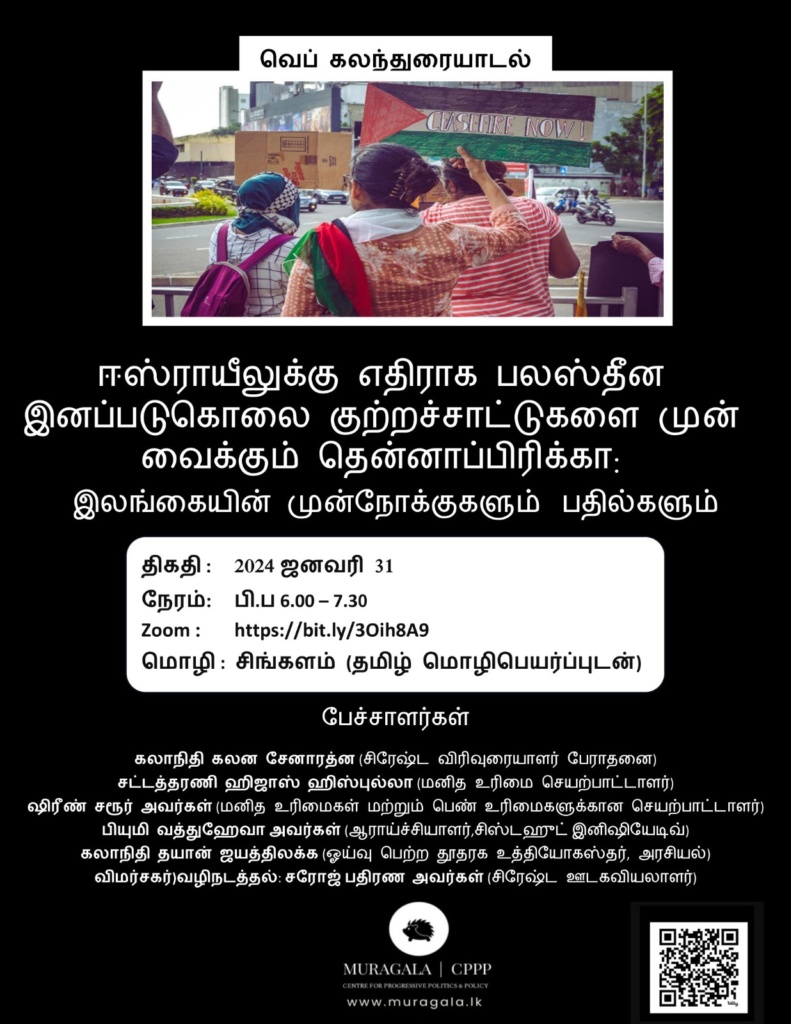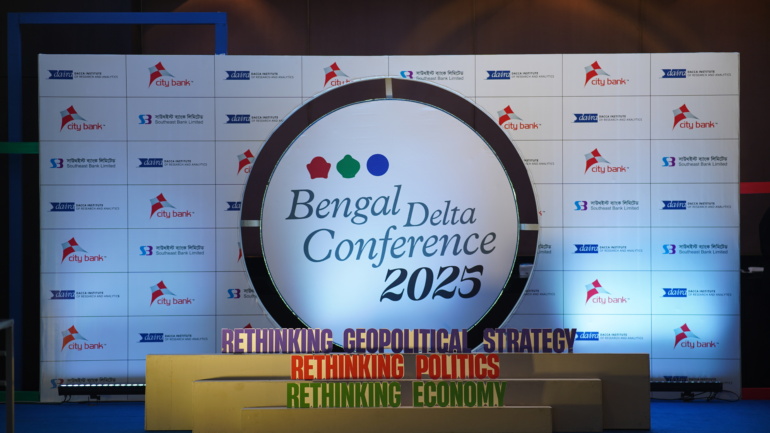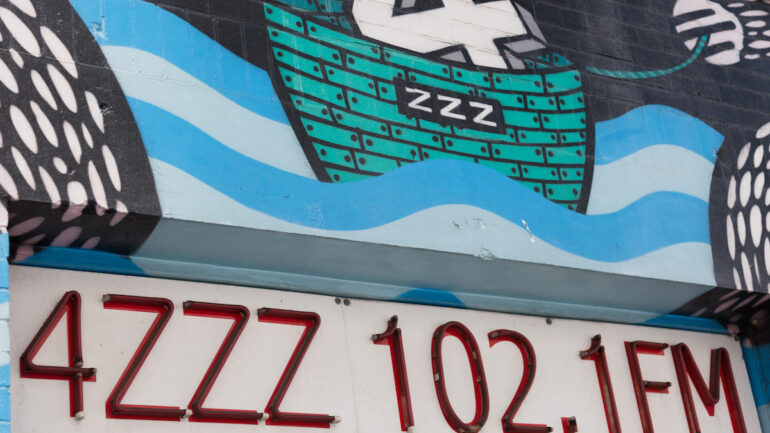The rapid escalation of violence in Gaza by Israel, claiming right to self-defence and retaliation to Hamas attacks on Israel on October 7, 2023, and South Africa charging Israel with genocide in Palestine at the ICJ in January 2024 have major implications for the state of human rights and right to sovereignty by Indigenous peoples, the role of international law, and politics of solidarity in the Global South. Over 24,000 Palestinians (including over 10,000 children and 7,000 women, and over 7,000 people missing) and 1400 Israels have been killed since October 7, 2023. This includes around 80 journalist fatalities and over 130 fatalities of UN staff in Gaza. Nearly all of Gaza’s 2.3 million population have been displaced. A severe humanitarian crisis is ongoing in Gaza, with healthcare systems collapsed, and severe shortages in food, clean water, medicine, and fuel.
A resolution put forth in the UN Security Council by the UAE on December 8, 2023, called for an immediate humanitarian ceasefire between Israel and Hamas, but was vetoed by the US, while the UK abstained. All other 13 Security Council members voted for it. In the same month, Israel withdrew its negotiators from Qatar, who was mediating talks (along with Egypt and the United States) to secure a renewed pause in the ‘Israel-Hamas war’. Meanwhile, a Global South response at the official level was first seen in November 2023 when Bolivia severed its diplomatic ties with Israel, and Bahrain, Chad, Chile, Colombia, Honduras, Jordan, South Africa, and Turkey recalled their ambassadors subsequently. The ongoing South African case against Israel at the ICJ has been backed by the Organisation of Islamic Countries, the Arab League, Malaysia, Turkey, Jordan, Bolivia, the Maldives, Namibia, Pakistan, Colombia, and Brazil.
Sri Lanka’s response
Sri Lanka is among the 139 countries which have officially recognised the State of Palestine and supports a two-state solution to the ‘Israel-Palestine conflict’ in 1988. The official government response, while reaffirming the Palestinian right to statehood, condemned the October 7 Hamas attack, and “allowed for Israel’s right of retaliation within the framework of international laws and rules”. In a parallel development, in November 2023, Minister of Labour and Foreign Employment Manusha Nanayakkara signed an agreement which enabled Israel to immediately hire 10,000 farm workers, likely due to shortages in Palestinian workers in Israel. In late December 2023, the President announced that the government had deployed a naval ship to protect the maritime security of the Red Sea, to fight attacks on merchant ships by Yemen’s Houthi rebels who sided with the Palestinians in the conflict. A few days ago, the President met 10 Arab diplomats and stated that Sri Lanka wanted an immediate ceasefire in Gaza and would send aid to Gaza once the hostilities ended.
In the public discourse in Sri Lanka, Gaza’s severe humanitarian crisis caused by Israel’s attacks have been understood and responded to in different ways. Some of the key trends observed in the discourse see the issue as a civilizational/religious conflict. Other perspectives foreground the issue with Sri Lanka’s own experience with institutions of international human rights law in the context of its civil war and allegations of war crimes and genocide during the civil war in 2009. A third perspective seeks to centre Sri Lanka’s ongoing economic crisis and advocates capitalising on economic opportunities, such as securing more employment opportunities for migrant workers and securing strategic sea lanes and safeguarding global trade. There are other perspectives besides these.
This webinar was an attempt to map the above discourse and responses against the backdrop of the ongoing economic crisis, efforts at accountability and justice on the ethnic issue, and upcoming elections in Sri Lanka. Further, it tries to understand the shifts in global political order and emerging opportunities for solidarity of the Global South. This seminar will comprise of 5 speakers, focusing on the following areas:
- Law and justice perspectives l Mr Hejaaz Hizbullah (Attorney-at-Law, Sri Lanka)
- Legal perspectives l Dr Kalana Senaratne (Senior Lecturer, Department of Law, University of Peradeniya)
- Human rights perspectives l Speaker: Ms Shreen Saroor (Sri Lankan peace and women’s rights activist)
- International relations perspectives l Dr Dayan Jayatilleke (Former Sri Lankan diplomat and political commentator)
- Activism and advocacy perspectives l Ms Piyumi Wattuhewa (Researcher, Sisterhood Initiative)
Moderator: Mr Saroj Pathirana (Senior journalist, Sri Lanka)
Date: Wednesday, 31st January 2024 at Sri Lanka Time (SLT) 06:00-07:30 pm (With a Q and A session for audience members).
The full webinar can be viewed on YouTube:
Languages: The webinar was conducted in Sinhala. There was simultaneous translation of the online seminar into Tamil and English.
Image Copyright (c) 2023 Nazly Ahmed and made available under a Attribution-Noncommercial-Share Alike 2.0 license
